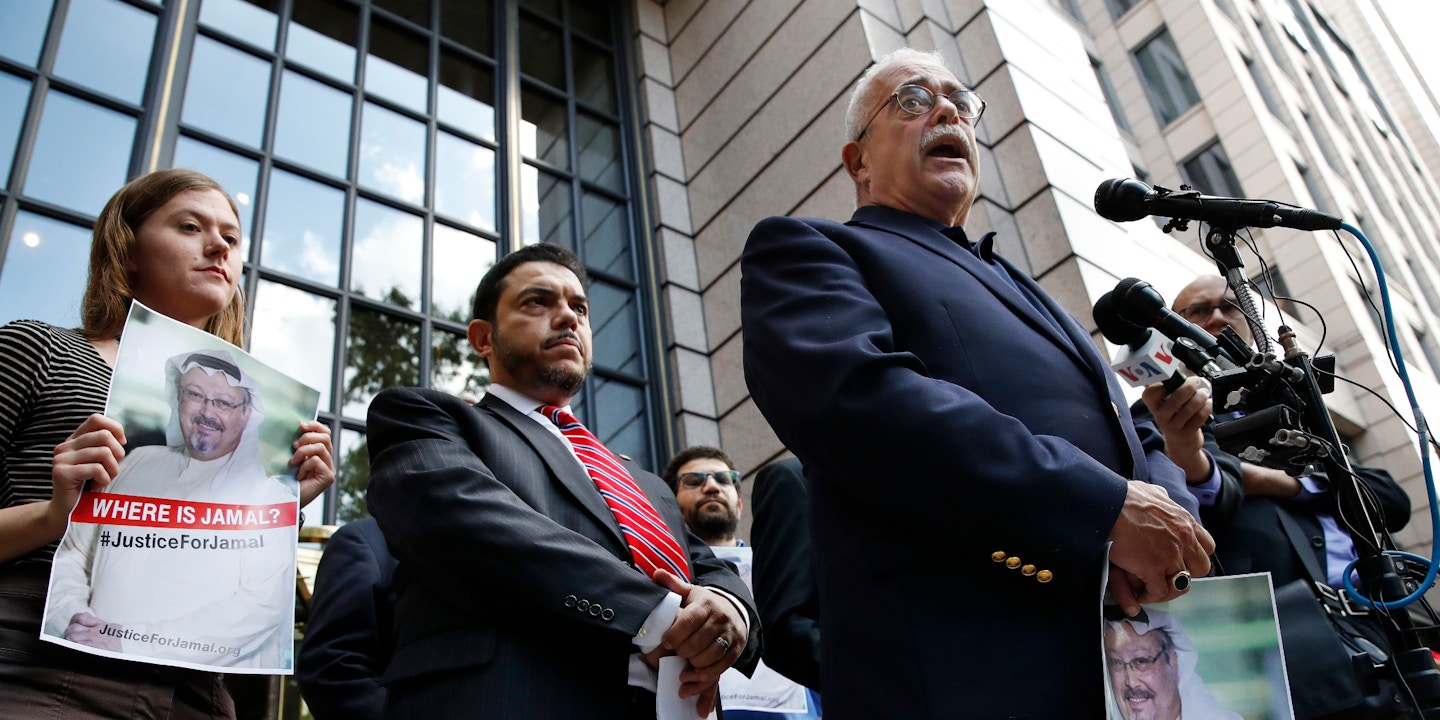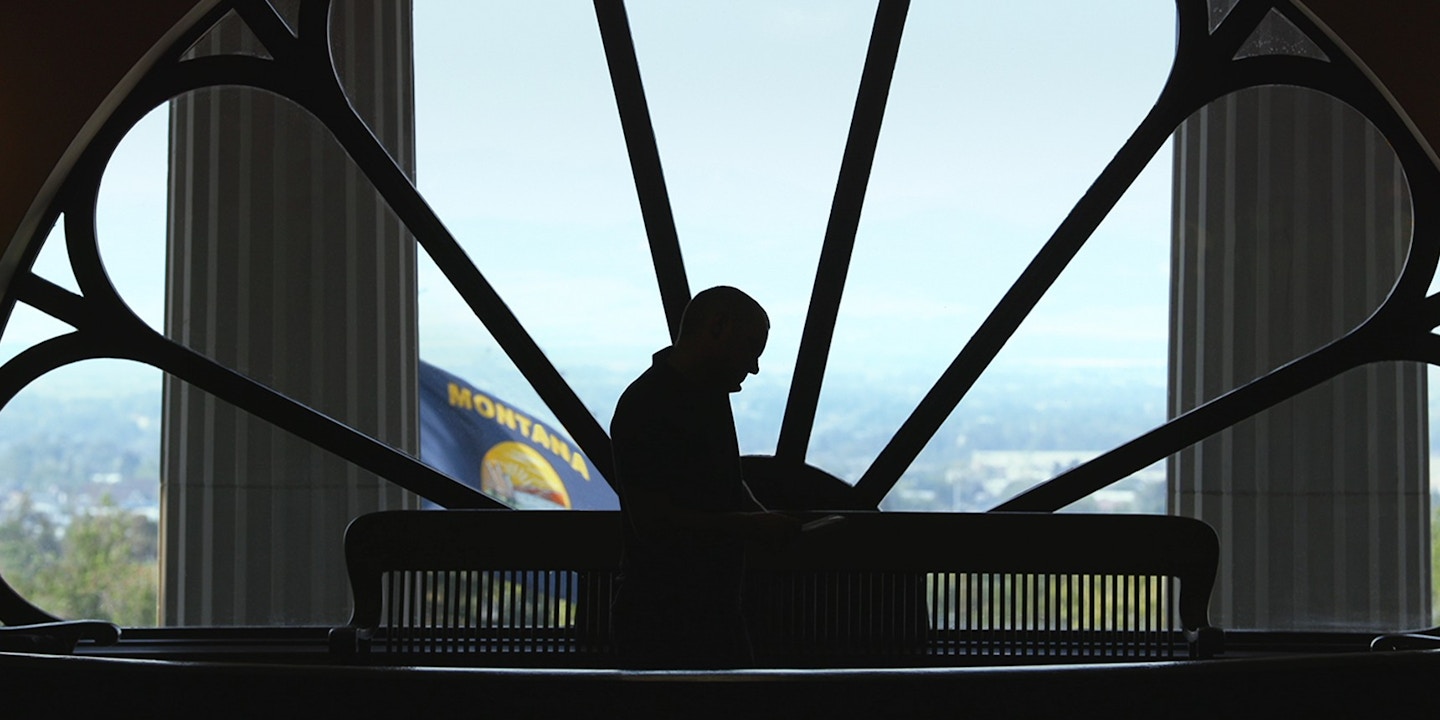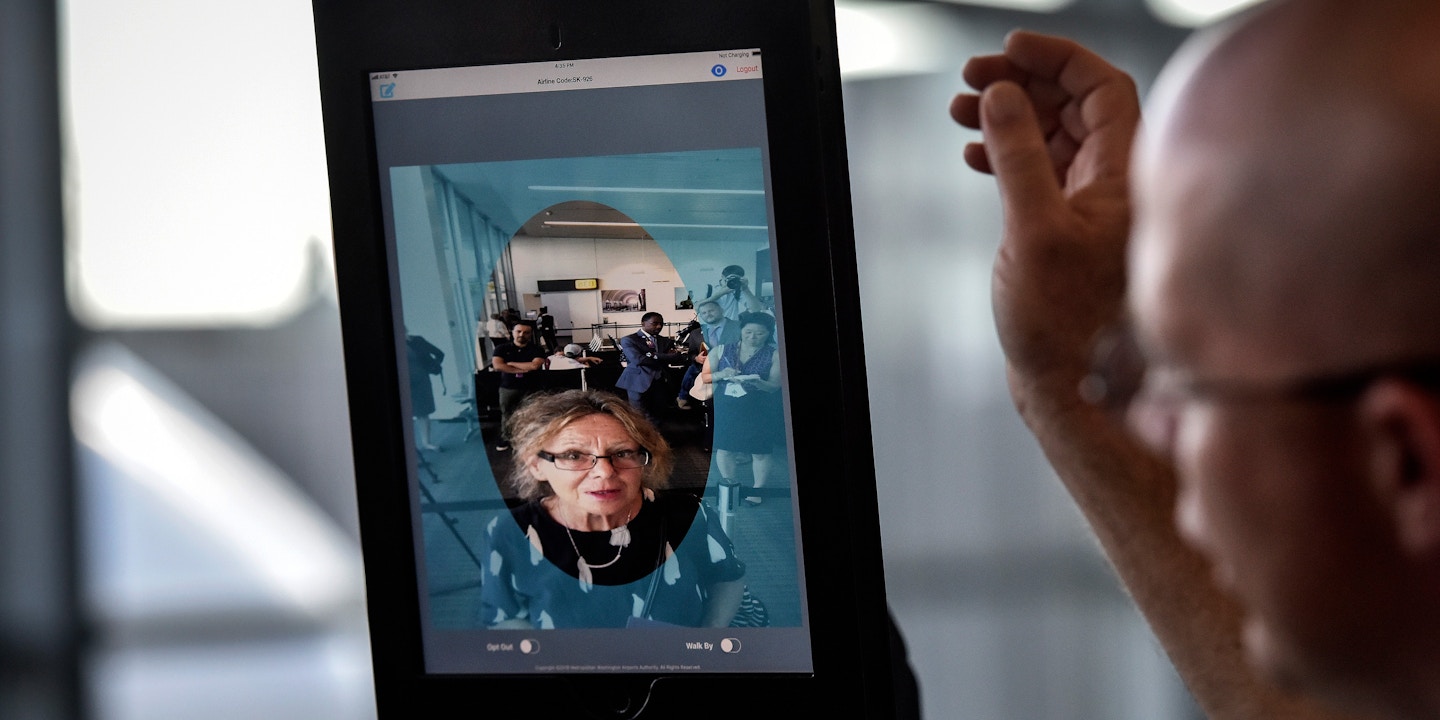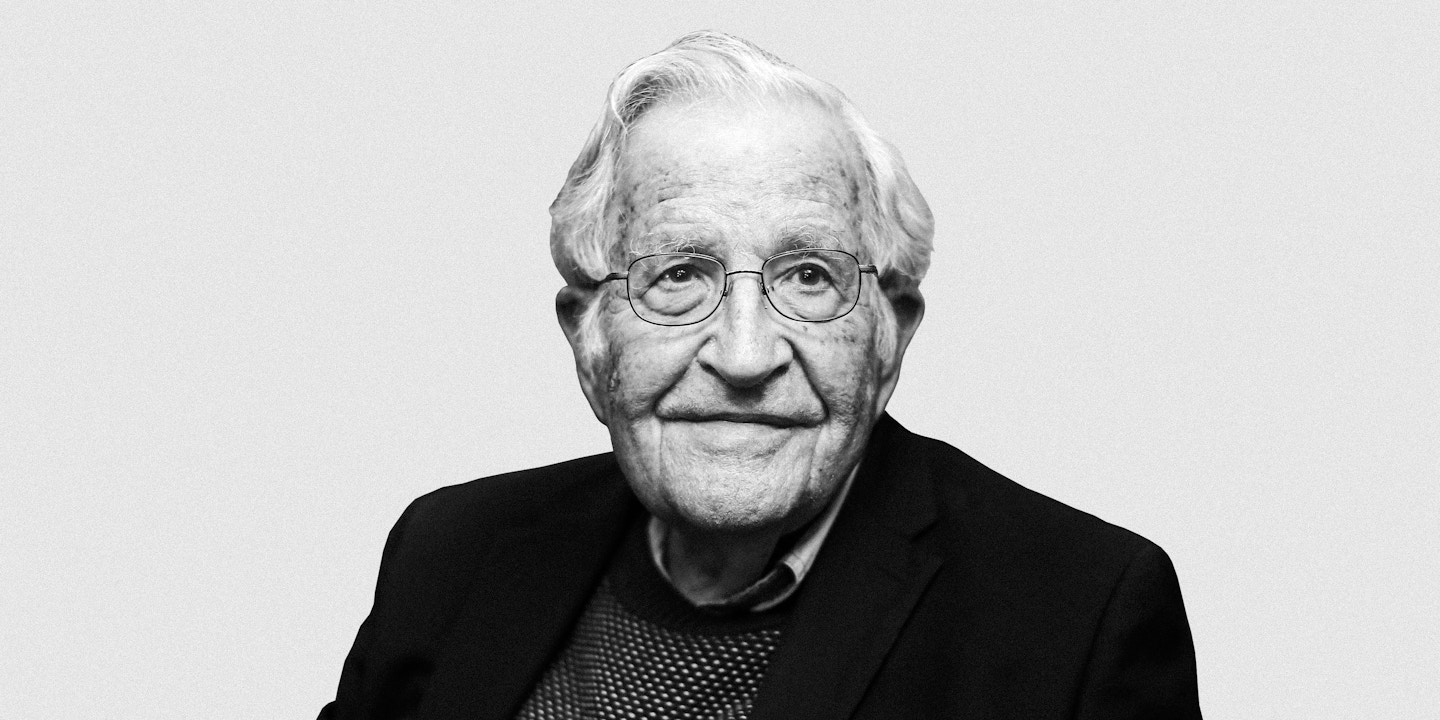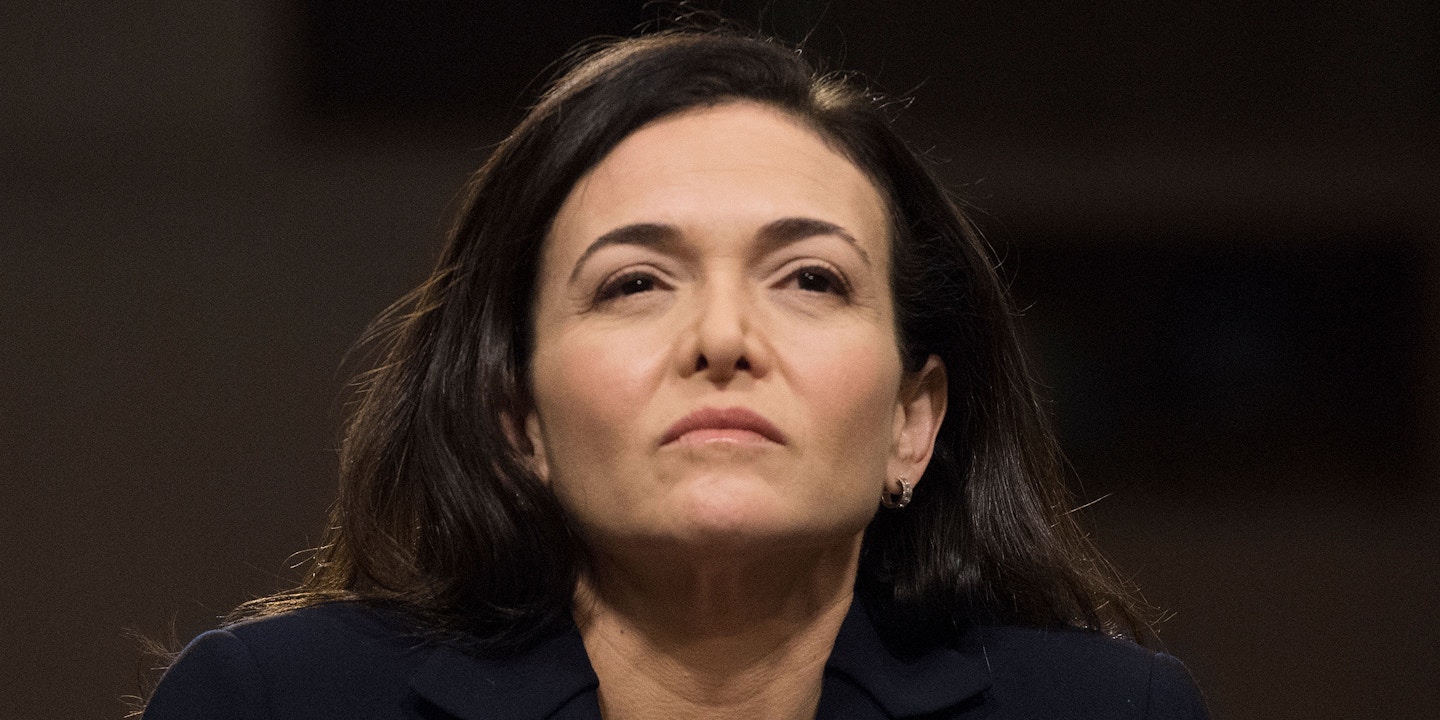For the record, I have no financial interests in Saudi Arabia (or Russia, for that matter). Any suggestion that I have is just more FAKE NEWS (of which there is plenty)!
Home » Posts tagged 'the intercept' (Page 3)
Tag Archives: the intercept
Does Saudi Arabia Own Donald Trump?
Is this yet another barefaced lie from the commander-in-chief?
In this video essay, I examine Trump’s long history of doing deals with Saudi royals and look back at how the former reality TV star even bragged about his financial ties to the kingdom during the election campaign. I also highlight the controversial payments made by the Saudi government to Trump-owned properties since the Republican businessman entered the White House.
With the president refusing to take a strong stance against the Saudi government’s alleged murder of journalist Jamal Khashoggi, I ask: “Does Saudi Arabia own Donald Trump?”
Saudi Media Casts Khashoffi Disappearance as a Conspiracy, Claims Qatar Owns Washington Post
IN SAUDI ARABIA, major media outlets have cast the disappearance and apparent murder of Saudi dissident and Washington Post journalist Jamal Khashoggi as a foreign conspiracy to denigrate the image of the kingdom. The media accounts, which come from outlets run with the backing of Saudi Arabia and other Persian Gulf monarchies, are spinning the coverage of Khashoggi’s disappearance as a plot by rival governments and political groups to hurt the kingdom — going so far as to make false claims about the Washington Post’s owners.
The English-language arm of the news channel Al Arabiya, for instance, claimed that reports of Khashoggi’s detention inside the Saudi consulate in Istanbul were pushed by “media outlets affiliated with the outlawed Muslim Brotherhood and Qatar” — the pan-Arab Islamist political movement and rival Persian Gulf monarchy, respectively. A subsequent story on Al Arabiya casts doubt that Khashoggi’s fiancée, Hatice Cengiz, is truly who she says she is, claiming that her Twitter profile shows that she follows “critics of Saudi Arabia.”
Al Arabiya is owned by the Saudi royal family and based in Dubai, one of the Gulf monarchies that has sided closely with Saudi Arabia amid the regional row with Qatar and others. It’s among a handful of other Saudi- and Gulf-controlled outlets — such as Al Riyadh Daily, Al-Hayat, and the Saudi Gazette — that toe their governments’ line, including frequently casting a conspiratorial light on critics of the governments’ human rights records.
Saudi media outlets are kicking into overdrive to both deny any Saudi involvement and disparage Khashoggi.
…click on the above link to read the rest of the article…
Is This the Beginning of the End of the U.S.-Saudi Alliance?
THE DISAPPEARANCE OF Jamal Khashoggi last Tuesday is threatening to upend the terms of the decades-long alliance between the United States and Saudi Arabia. In the nine days since Khashoggi, a Saudi Arabian resident of Virginia and a Washington Post columnist, was last seen entering the Saudi consulate in Istanbul, politicians, media figures and foreign policy elites – even those who have fawned over the authoritarian Saudi Crown Prince Mohammad bin Salman — have grown increasingly critical of the U.S.-Saudi alliance.
The U.S. has long given the Saudis a blank check, politically and militarily, and there have been voices advocating for a rethinking of that decades-old relationship for nearly as long as it has lasted. But the widespread belief that the Saudis assassinated Khashoggi inside their consulate has brought those voices squarely into the center. Suddenly, the relationship between Saudi Arabia and the United States is being called into fundamental question.
President Donald Trump initially responded to questions about Khashoggi’s disappearance by saying “I don’t like hearing about it, and hopefully that will sort itself out.” But on Thursday, he began to sound much less confident in his defense of Saudi Arabia, the first foreign country he visited as president. He said that it was beginning to look as though Khashoggi, a critic of the crown prince, was indeed murdered, but worried that jobs would be at risk if arms sales to the country were halted.
In the Senate, the kingdom is starting to lose its traditional bipartisan support, with almost every member of the Foreign Relations Committee calling on Trump to investigate Khashoggi’s disappearance. The Washington Post, meanwhile, has devoted extraordinary resources, both on the reporting and editorial side, to the case of its columnist.
…click on the above link to read the rest of the article…
Israel’s Gabriella Blum Helped Write the Laws of Drone Warfare. Nearly Two Decades Later, She Has Regrets.
IN 1991, WHEN Gabriella Blum was 16 years old, the Israel Defense Forces suggested she go see the world. She’d skipped first grade and subsequently graduated high school in Tel Aviv early — too early to start the mandatory military service all Israelis begin at 18. So the IDF told her to check out Chiang Mai and Mumbai, and to call them in two years. Instead, she joined the IDF’s Academic Reserves, which allows young Israelis to study toward law degrees and eventually work as IDF lawyers. “It was kind of my version of, ‘I was young, I needed the money, who are you to judge me,’” she said, smiling. “That’s how I ended up in law school.”
Blum was a city kid from a left-leaning household. Her father was a physicist, her mother a literature professor. In 1995, when she completed her degree at Tel Aviv University and joined the IDF’s International Law Department, she became the highest-ranking soldier in her family’s history. At the time, the ILD was located in a small office just outside the Kirya, the IDF’s imposing central Tel Aviv headquarters. Blum had gone through basic training, and although she wasn’t obligated to carry her M16 rifle regularly — “It was much safer for everyone that I didn’t” — she interrogated the legality of the army’s actions while clad in her cream-and-olive-green officer’s uniform.
“The tzahal” — the Hebrew acronym for the Israeli army — “lets very young people do things that are outrageous to let a young person do,” Blum says now. “It’s much more apparent when you let a 19-year-old lead other people in battle. But it’s also true for young lawyers. In my unit, we were exposed to some of the most pathbreaking issues. On targeted killings, we were basically pioneers.”
…click on the above link to read the rest of the article…
Nationwide Class-Action Lawsuit Targets Dupont, Chemours, 3M, and Other Makers of PFAs Chemicals
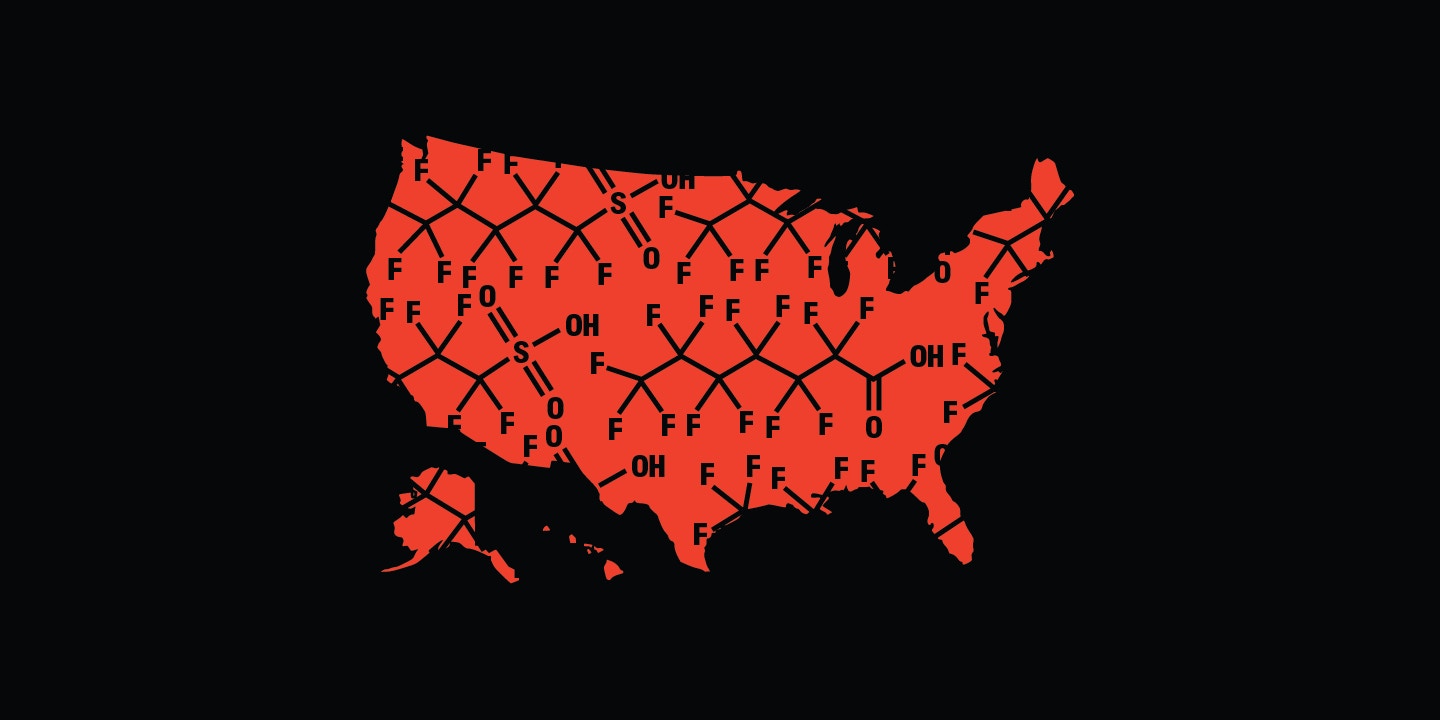
Robert Bilott, who successfully sued DuPont over PFOA, has filed a lawsuit on behalf of everyone in the U.S. who has PFAS chemicals in their blood.
A CLASS ACTION lawsuit against 3M, DuPont, and Chemours was filed this week on behalf of everyone in the United States who has been exposed to PFAS chemicals. The suit was brought by Kevin Hardwick, an Ohio firefighter, but “seeks relief on behalf of a nationwide class of everyone in the United States who has a detectable level of PFAS chemicals in their blood.” Hardwick is represented by attorney Robert Bilott, who successfully sued DuPont on behalf of people in West Virginia and Ohio who had been exposed to PFOA from a plant in Parkersburg, West Virginia.
In addition to 3M, DuPont, and its spinoff, Chemours, the suit names eight other companies that produce the toxic chemicals, which are used to make firefighting foam, nonstick cookware, waterproof clothing, and many other products. While much of the litigation around PFAS has focused on PFOA and PFOS, this suit targets the entire class of PFAS chemicals, including “the newer ‘replacement’ chemicals, such as GenX.”
Rather than suing for cash penalties, the suit seeks to force the companies to create an independent panel of scientists “tasked with thoroughly studying and confirming the health effects that can be caused by contamination of human blood with multiple PFAS materials.” Such a panel would parallel the C8 Science Panel, which was created by the earlier class action litigation in West Virginia. That panel, overseen by epidemiologists approved by lawyers from both sides in the suit, found six diseases to be linked with PFOA exposure, including testicular cancer and kidney cancer.
…click on the above link to read the rest of the article…
New “Dark Money” Documentary Shines Light Into the Shadows Cast by the Super-Rich
IF YOU, LIKE most Americans, believe you’re being screwed by the U.S. political system, and would like to know exactly how the screwing functions, tune into “Dark Money,” a new documentary premiering Monday, October 1 on PBS. The film, directed by Kimberly Reed, is one of the most expert dissections ever conducted of the subterranean tentacles quietly strangling U.S. democracy. (“Dark Money” was co-funded by Topic Studios, which is part of First Look Media, along with The Intercept.)
The movie is largely about the last decade of politics in Montana. This long-term, close-to-the-ground focus is cinematically unique, and makes it possible for “Dark Money” to illuminate three startling facts about how America now works.
First, the corporate hard-right is systematically investing in politics at an incredibly granular level, down to state and local races.
Second, they’re not just trying to crush Democrats. Leaked documents examined in the movie show conspirators discussing a plan to “purge” all Republicans who don’t share their worldview — an ideology so conservative that it hasn’t been seen in full flower in the U.S. for 100 years. In fact, the politicians who appear in the film are largely Republicans who’ve been successfully targeted for the right-wing purge, who speak wistfully about Montana’s evaporating history as a small-d democracy.
Third, dark money, while just one tributary of the Mississippi of cash flowing through the U.S. political system, is a key tool of the corporate right. It gets its name from the fact that certain kinds of nonprofit corporations — unlike political campaigns and even Super PACs — currently do not have to disclose their donors.
…click on the above link to read the rest of the article…
The Government Wants Airlines to Delay Your Flight So They Can Scan Your Face
OMNIPRESENT FACIAL RECOGNITION has become a golden goose for law enforcement agencies around the world. In the United States, few are as eager as the Department of Homeland Security. American airports are currently being used as laboratories for a new tool that would automatically scan your face — and confirm your identity with U.S. Customs and Border Protection — as you prepare to board a flight, despite the near-unanimous objections from privacy advocates and civil libertarians, who call such scans invasive and pointless.
According to a new report on the Biometric Entry-Exit Program by DHS itself, we can add another objection: Your flight could be late.
Although the new report, published by Homeland Security’s Office of the Inspector General, is overwhelmingly supportive in its evaluation of airport-based biometric surveillance — the practice of a computer detecting your face and pairing it with everything else in the system — the agency notes some hurdles from a recent test code-named “Sprint 8.” Among them, the report notes with palpable frustration, was that airlines insist on letting their passengers depart on time, rather than subjecting them to a Homeland Security surveillance prototype plagued by technical issues and slowdowns:
Demanding flight departure schedules posed other operational problems that significantly hampered biometric matching of passengers during the pilot in 2017. Typically, when incoming flights arrived behind schedule, the time allotted for boarding departing flights was reduced. In these cases, CBP allowed airlines to bypass biometric processing in order to save time. As such, passengers could proceed with presenting their boarding passes to gate agents without being photographed and biometrically matched by CBP first. We observed this scenario at the Atlanta Hartsfield-Jackson International Airport when an airline suspended the biometric matching process early to avoid a flight delay. This resulted in approximately 120 passengers boarding the flight without biometric confirmation.
…click on the above link to read the rest of the article…
American Dissident: Noam Chomsky on the State of the Empire
THE WORLD LAUGHED at U.S. President Donald Trump at the United Nations, but the imperial declarations he issued are no laughing matter. Trump may come off as a buffoon, but his global agenda is consistent with the bipartisan empire machine that runs the United States. This week on Intercepted: Famed dissident Noam Chomsky breaks down the Trump presidency; the defeat of the U.S. in Afghanistan; what he believes is a just position on Syria’s civil war; and the agenda of Vladimir Putin and Russia. He also discusses the impact of big social media companies and explains why a life of resisting and fighting is worth it. Jeremy Scahill analyzes Trump’s U.N. speech and gives context to the seldom-discussed bipartisan support for much of Trump’s global agenda. Dallas Hip Hop artist Bobby Sessions talks about police killings and this political moment. We also hear music from his new EP, “RLVTN (Chapter 1): The Divided States of AmeriKKKa.”
Transcript coming soon.
Google Suppresses Memo Revealing Plans to Closely Track Search Users in China
GOOGLE BOSSES HAVE forced employees to delete a confidential memo circulating inside the company that revealed explosive details about a plan to launch a censored search engine in China, The Intercept has learned.
The memo, authored by a Google engineer who was asked to work on the project, disclosed that the search system, codenamed Dragonfly, would require users to log in to perform searches, track their location — and share the resulting history with a Chinese partner who would have “unilateral access” to the data.
The memo was shared earlier this month among a group of Google employees who have been organizing internal protests over the censored search system, which has been designed to remove content that China’s authoritarian Communist Party regime views as sensitive, such as information about democracy, human rights, and peaceful protest.
According to three sources familiar with the incident, Google leadership discovered the memo and were furious that secret details about the China censorship were being passed between employees who were not supposed to have any knowledge about it. Subsequently, Google human resources personnel emailed employees who were believed to have accessed or saved copies of the memo and ordered them to immediately delete it from their computers. Emails demanding deletion of the memo contained “pixel trackers” that notified human resource managers when their messages had been read, recipients determined.
The Dragonfly memo reveals that a prototype of the censored search engine was being developed as an app for both Android and iOS devices, and would force users to sign in so they could use the service. The memo confirms, as The Intercept first reported last week, that users’ searches would be associated with their personal phone number.
…click on the above link to read the rest of the article…
Are New York’s Free LINKNYC Kiosks Tracking Your Movements?

LINKNYC KIOSKS HAVE become a familiar eyesore to New Yorkers. Over 1,600 of these towering, nine-and-a-half-foot monoliths — their double-sided screens festooned with ads and fun facts — have been installed across the city since early 2016. Mayor Bill de Blasio has celebrated their ability to provide “the fastest and largest municipal Wi-Fi network in the world” as “a critical step toward a more equal, open, and connected city for every New Yorker, in every borough.” Anyone can use the kiosks’ Android tablets to search for directions and services; they are also equipped with charging stations, 911 buttons, and phones for free domestic calls.
But even as the kiosks have provided important services to connect New Yorkers, they may also represent a troubling expansion of the city’s surveillance network, potentially connecting every borough to a new level of invasive monitoring. Each kiosk has three cameras, 30 sensors, and heightened sight lines for viewing above crowds.
Since plans for LinkNYC were first unveiled, journalists, residents, and civil liberties experts have raised concerns that the internet kiosks might be storing sensitive data about its users and possibly tracking their movements. For the last two years, the American Civil Liberties Union, Electronic Frontier Foundation, and a small but vocal group of activists — including ReThink LinkNYC, a grassroots anti-surveillance group, and the anonymous Stop LinkNYC coalition — have highlighted the kiosk’s potential to track locations, collect personal information, and fuel mass surveillance.
Now an undergraduate researcher has discovered indications in LinkNYC code — accidentally made public on the internet — that LinkNYC may be actively planning to track users’ locations.
…click on the above link to read the rest of the article…
Sheryl Sandberg Misled Congress About Facebook’s Conscience
FACEBOOK CHIEF OPERATING officer Sheryl Sandberg draped herself in the star-spangled banner of American principles before today’s Senate Select Intelligence Committee hearing on social media. Sandberg proclaimed that democratic values of free expression were integral to the company’s conscience. “We would only operate in a country where we could do so in keeping with our values,” she went on. Either this was a lie told under oath, or Facebook has some pretty lousy values.
“We would only operate in a country where we could do so in keeping with our values.”
Sen. Marco Rubio, R-Fla., questioned Sandberg and Twitter CEO Jack Dorsey about the fact that they are both ostensibly American companies, but also firms with users around the world — including in countries with legal systems and values that differ drastically from the United States. Rubio cited various governments that crack down on, say, pro-democracy activism and that criminalize such speech. How can a company like Facebook claim that it’s committed to free expression as a global value while maintaining its adherence to rule of law on a local level? When it comes to democratic values, Rubio asked, “Do you support them only in the United States or are these principles that you feel obligated to support around the world?”
Sandberg, as always, didn’t miss a beat: “We support these principles around the world.” Shortly thereafter she made the claim that Facebook simply would not do business in a country where these values couldn’t be maintained.
Based on the information Facebook itself makes available, this is false. In its latest publicly available “transparency report,” Facebook says it helps block free expression as a matter of policy — so long as it’s technically legal in a given market.
…click on the above link to read the rest of the article…
Are We Making Elections Less Secure Just to Save Time?
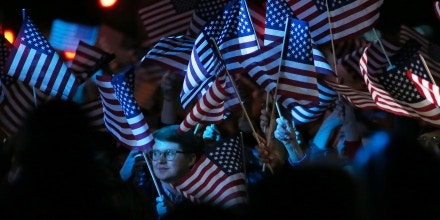
It’s been almost two years since Russian military hackers attempted to hijack computers used by both local election officials and VR Systems, an e-voting company that helps make Election Day possible in several key swing states. Since then, reports detailing the potent duo of inherent technical risk and abject negligence have made election security a national topic. In November, millions of Americans will vote again — but despite hundreds of millions of dollars in federal aid poured into beefing up the security of your local polling station, tension between experts, corporations, and the status quo over what secure even means is leaving key questions unanswered: Should every single vote be recorded on paper, so there’s a physical trail to follow? Should every election be audited after the fact, as both a deterrent and check against fraud? And, in an age where basically everything else is online, should election equipment be allowed anywhere near the internet?
The commonsense answer to this last question — that sounds like a terrible idea — belies its complexity. On the one hand, the public now receives regular, uniform warnings from the intelligence community, Congress, and other entities privy to sensitive data: Bad actors abroad have and will continue to try to use computers to penetrate or disrupt our increasingly computerized vote.
…click on the above link to read the rest of the article…
Recent Arrests Under New Anti-Protest Law Spotlight Risks That Off-Duty Cops Pose to Pipeline Opponents
OVER THE WEEKEND, four opponents of the Bayou Bridge pipeline and an independent journalist covering their activities were arrested and charged under Louisiana House Bill 727, which makes trespassing on “critical infrastructure” facilities — a category that explicitly includes oil pipelines — a felony punishable by up to five years in prison, a fine of $1,000, or both. A total of eight people have now been charged under the law since it took effect on August 1.
HB 727 is one of numerous anti-protest laws that states have considered or enacted in the wake of the mass mobilization against the Dakota Access pipeline, which drew tens of thousands of people to gather near the Standing Rock Sioux reservation in 2016 and 2017. The arrests also expose the blurred line between private security and public law enforcement that has become typical in the policing of anti-pipeline struggles.
On August 9, the first three arrests under the law were carried out by probation and parole officers with Louisiana’s Department of Public Safety and Corrections moonlighting as security guards for Bayou Bridge pipeline parent company Energy Transfer Partners. Ken Pastorick, communications director for the Louisiana Department of Public Safety and Corrections, told The Intercept that the department’s director authorized the officers to work on behalf of the Bayou Bridge pipeline as a form of “extra-duty employment.” “They have the ability to enforce the law in Louisiana even when off-duty and working extra-duty security details,” he said.
Given the complex land ownership and public access rules that govern the bayou, handing discretionary arrest powers to a private company is particularly controversial. The off-duties’ involvement deepened concerns by pipeline opponents that law enforcement favored the interests of the pipeline company over the first amendment rights of concerned citizens to protest, and the rights of landowners who never granted permission to the company to build at all.
…click on the above link to read the rest of the article…
Big Banks Were Meant to Gain From Bipartisan Deregulation Bill All Along, Senate Letter Reveals
DEMOCRATS WHO COLLABORATED on the bank deregulation lawpassed earlier this year have categorically insisted that it only benefits small community banks and credit unions.
Take Sean Patrick Maloney, a House Democrat who is simultaneously running for both re-election and New York attorney general — the so-called Sheriff of Wall Street position. He was asked recently on a local radio show about his yes vote.
“If you look at the African-American Credit Union Association and the African-American small bankers, they are the guys who benefited from easing some of the restrictions,” Maloney said, using lenders of color as a shield for his vote. Maloney maintained that the legislation “didn’t touch any of the important restrictions we put on the big banks.” It’s been his go-to refrain each time he’s been pressed on the Dodd-Frank rollback, echoing a chorus of lawmakers singing songs of sincere deregulatory innocence.
But a letter sent by seven Senate Republicans last week suggests that the law is trying to do precisely what its critics warned: provide regulatory relief for some of the largest banks in the country.
The letter, headlined by Senate Banking Committee member David Perdue, R-Ga., is a classic Washington document, “signed” by members of Congress but transparently prepared by lobbying groups looking to add congressional backing for their priorities. While the bill’s author, Senate Banking Committee Chair Mike Crapo, R-Idaho, isn’t on the letter, that’s likely because it would be messy to have the senator who promised Democrats in negotiations that big banks wouldn’t benefit from the legislation turn around and assist the lobbying efforts of those very institutions.
…click on the above link to read the rest of the article…



